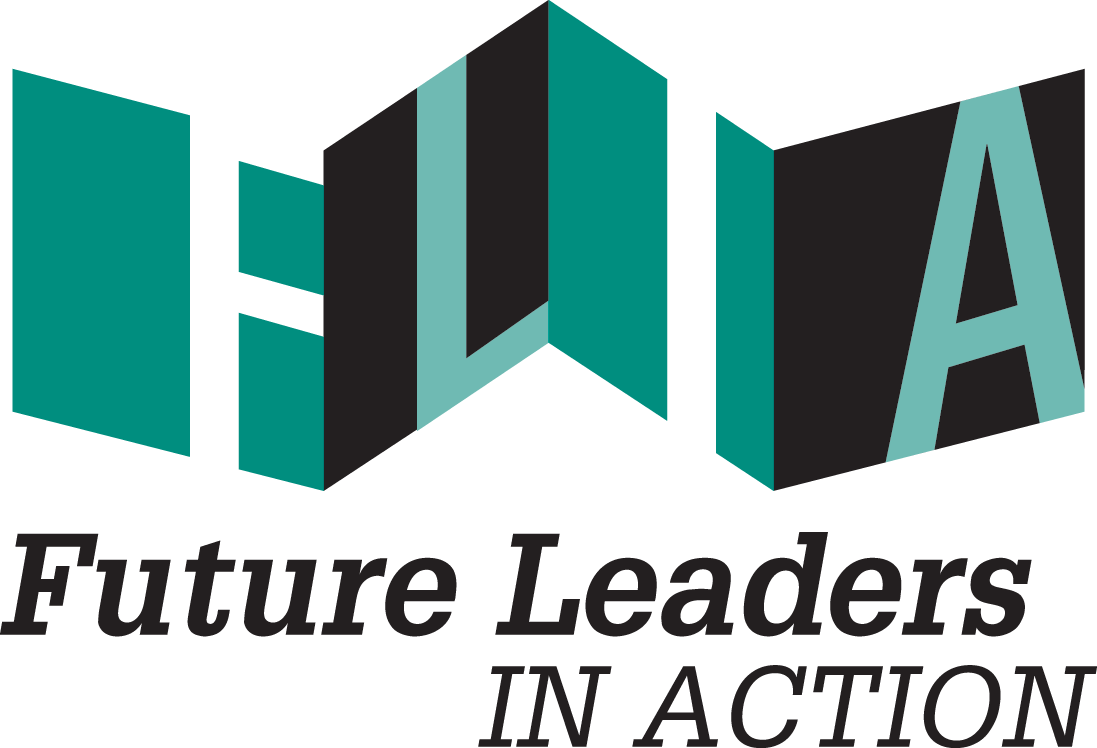Youth participants at Row New York rowing. Photo credit: Row New York
After spending two years in a graduate program, I am excited about working outside the academic environment in a dynamic nonprofit utilizing the power of data to improve service delivery in the social sector. As a program evaluation fellow with Row New York my work entails research and analysis. In a sense, I am asking the same kind of questions I tackled in graduate school, but my approach to research is different since now it focuses on making an impact on the social sector through my partner organization as opposed to getting a good grade on a research paper or doing well in class.
Row New York holds a unique position in the Sports Based Youth Development (SBYD) sector for offering services to the underserved youth in New York City through the sport of rowing. SBYD is a framework that utilizes out‐of‐school‐time programs to facilitate learning and life skill development in youth through sports. Accordingly, the high dosage program at RNYC focuses on athletic development but also offers academic support and career guidance. More recently the organization forayed into entrepreneurship education among youth through their Erow program.
Row New York was founded in 2002 and over the last decade, the organization has grown at a rapid pace. Currently, Row New York runs programs in three locations within New York City in Manhattan, Brooklyn, and Queens and offers a multitude of programs for youth, veterans, serious athletes and individuals with physical and/or cognitive disability. More importantly, the organization is democratizing the sport of rowing by opening it up to individuals of all income and skill levels. My evaluation would encompass Row New York’s program data from the past-to-present.
Laknath during a “Learn to Row” session at Row New York’s Manhattan boathouse.
With its rapid growth over the last few years, the organization has expanded its data collection efforts and streamlined data collection by directly uploading student registrations to a central database. Concurrently, coaches and academic coordinators upload athletic and academic performance data through a player development application to the main database. The thousands of data points on athletic performance, demographic information, academic aptitude as well as social and emotional learning (SEL) indicators offer enormous potential to improve Row New York’s program delivery. My main task during the fellowship will be to improve the organization's programs by looking at the data they have collected so far.
I am currently working on a portion of my main project to determine retention rates and attrition rates among 12th Graders that participate in Row New York’s Varsity programs. From the outset, this seemed like a relatively easy task. But I soon realized that information for 12th Graders was only available for the last two years and that a large amount of this information had to be migrated from the old registration system utilized by Row New York.
The insights you gain from data are so rewarding that it makes up for all the grunt work that goes into the process. But most importantly the realization that the work you do is making a tangible impact on the organization makes it a highly enjoyable task.



